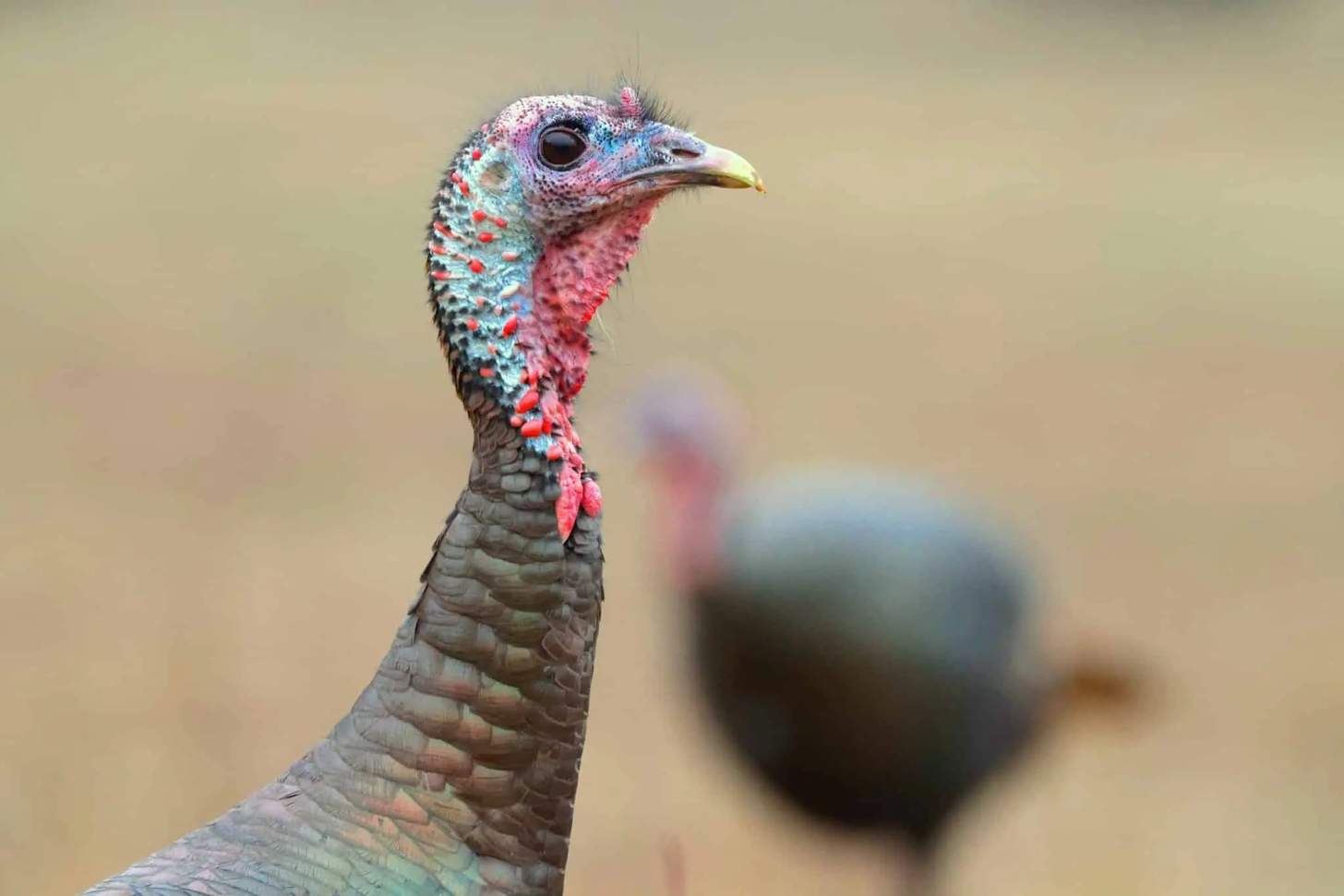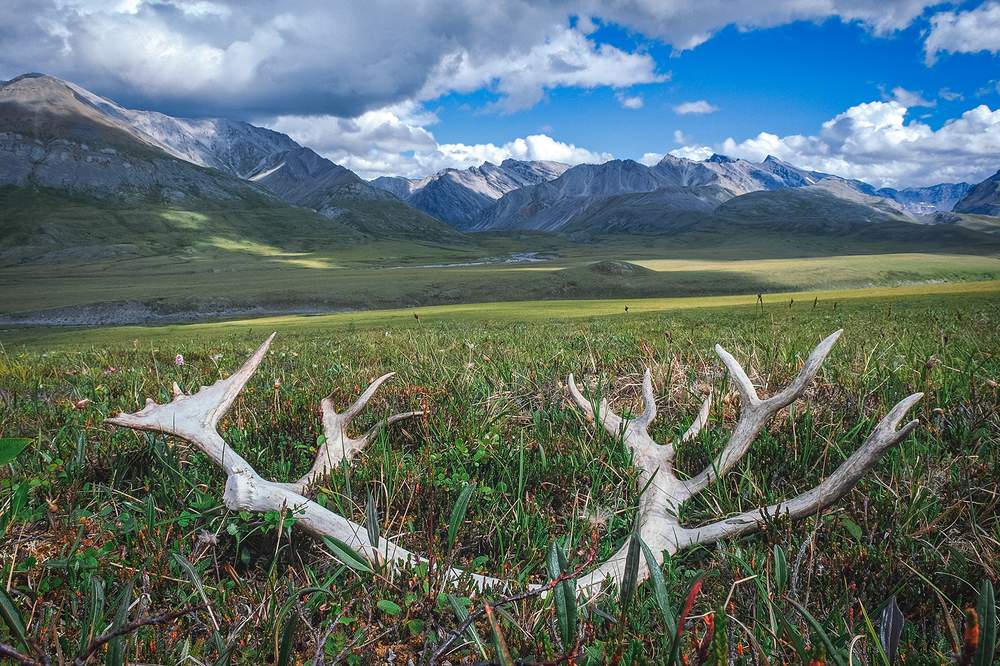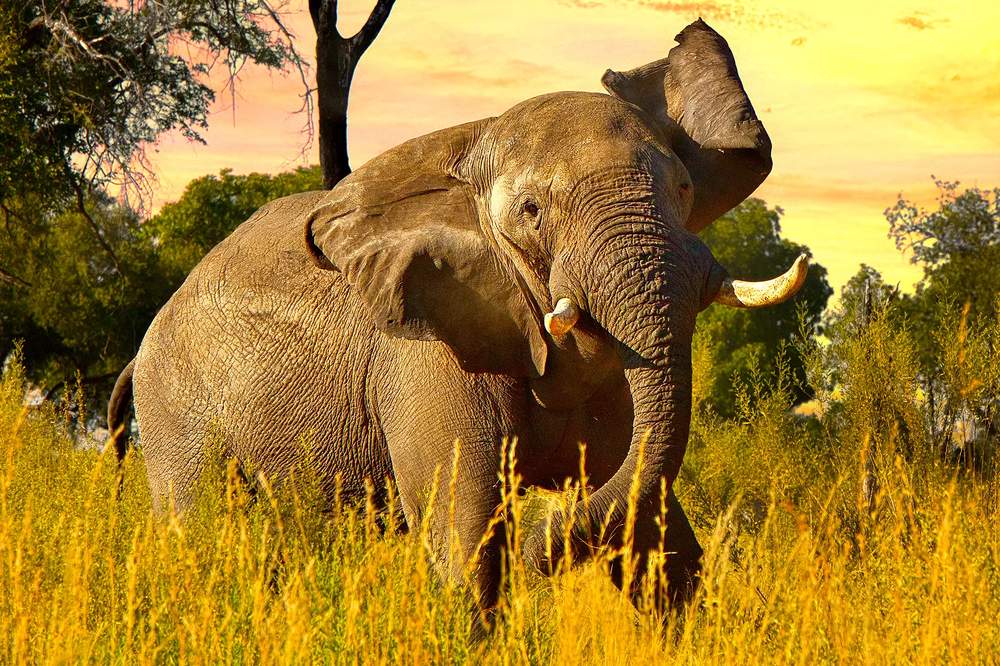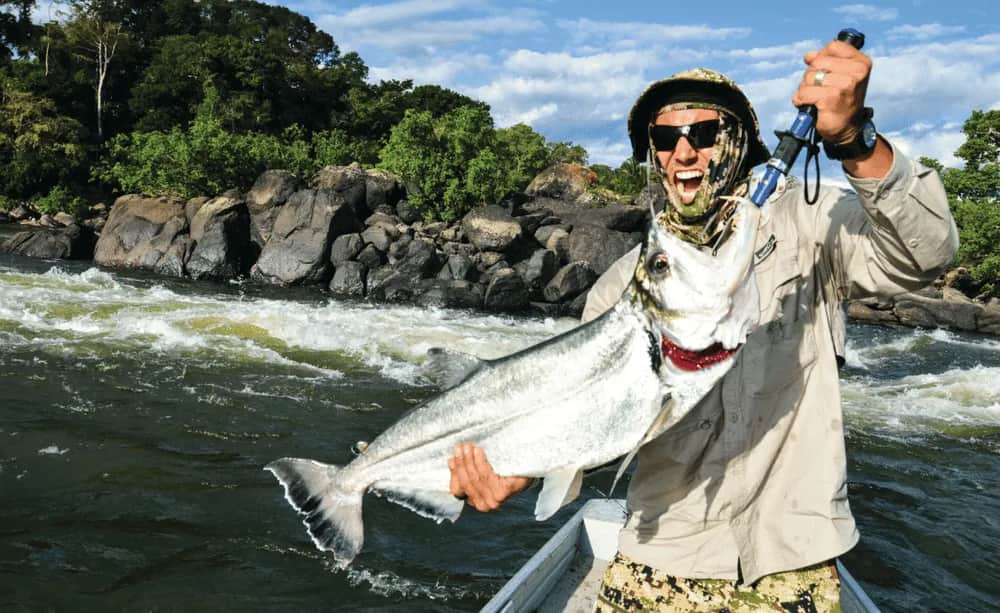A lot is going on in the wide world of wild turkeys. Trends are becoming entrenched in different facets of turkey life, including habitat, hunting, and especially populations. Here are 10 Wild Turkey Habitat, Hunting and Population Trends that every hunter should be aware of for the foreseeable future.
POPULATION TRENDS
Turkey populations are going through a lot of changes right now. This is true from the national, state, and local levels.
1. Turkey Numbers Are Declining Nationwide
Sometime in the mid- to late-2000s, an unknown change caused turkey numbers to begin declining. Researchers are in the process of determining what that is, but it isn’t likely to be a singular cause. It’s probably a compilation of issues, including habitat loss, predator populations, poult production, disease, etc.
2. Turkey Numbers Are Declining Significantly in the Southeast
While turkey populations are on the downswing virtually everywhere (even the Midwest), the Southeast is seeing the steepest decline. Again, researchers are not completely certain of why this is occurring. Research is underway.
3. Poorer Poult Production
In some areas, turkeys are seeming to raise fewer poults to adulthood. This is mostly due to habitat loss, habitat degradation, and nest predation (raccoons, opossums, snakes, etc.).
4. Changing Weather Patterns
As weather patterns continue to change, turkeys are being faced with different types of challenges. Turkeys are learning to adapt to these shifting climates.
HABITAT TRENDS
Never have we seen such great change in habitat throughout America. Naturally, wild turkeys and other wildlife species are being negatively impacted.
1. Habitat Loss
According to the USDA, approximately 6,000 acres of land are lost each day. That breaks down to 250 acres per hour, and over four acres per minute.
2. Habitat Degradation
Habitat that isn’t completely lost is degrading at a rapid pace. This occurs in various forms, including invasive plant species, invasive animal species (i.e., hogs), vegetation-killing blights, other diseases, aging forests, and more.
3. A Shift to the Suburbs
Due to habitat encroachment, wild turkeys and other game animals are increasingly moving into semi-populated areas. This includes suburbs, parks, etc.
HUNTING TRENDS
As a result of negative habitat and population trends, hunters are seeing hunting trends as well. These are being enacted to mitigate the above factors.
1. Season Structure Changes
As turkey populations decline, state wildlife agencies are beginning to shorten turkey seasons. Some are also pushing these later into spring to give turkeys more time to reproduce before the influence of hunting pressure interrupts it.
2. Declining Bag Limits
In conjunction with shortening seasons, agencies are also restructuring bag limits. This lessening in harvest total should help minimize the rapidness of declining population totals.
3. Declining Fall Turkey Seasons
Given that fall turkey seasons aren’t as popular, some states are restructuring these to minimize the total take of wild turkeys each given calendar year.
As one can see, we’ve already seen the good old days of turkeys and turkey hunting. We’re down from the all-time highs seen in the late 2000s and early 2010s. But that doesn’t mean we can’t get there again. With effective scientific research, and help from the public, the future can be as bright as we make it.



